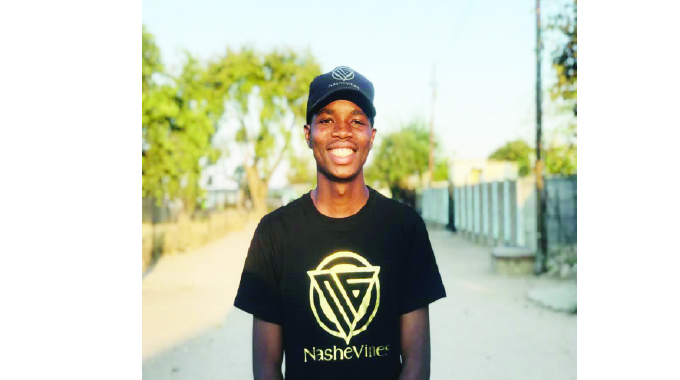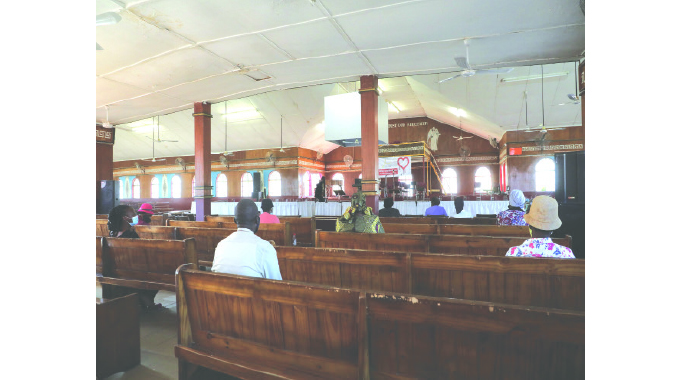Abangane offers support for mental health patients

Thandeka Amanda Ndlovu, Senior Health Reporter
LOSING his friend to suicide and struggling with an undiagnosed mental health disorder for some time was reason enough to start Abangane, a mental health support group in Bulawayo which seeks to provide a safe space for those going through challenges.
Mr Zibusiso Munandi (19) a Form 5 pupil from Bulawayo who is also a mental health champion says founding this platform has helped him deal with his own personal issues that he was not aware of.
Founded in June this year, Abangane which means friends also managed to conduct a five-day suicide awareness campaign to curb the incidents which have been on the increase in Bulawayo and countrywide.
The issue of having suicidal thoughts which can plague anyone regardless of social status, gender or age comes into sharp focus every September as the whole month is Suicide Prevention Month.
“Losing a friend through suicide at school the way her death was discriminate and the stigma made me realise that there is a need for mental health to be added in our curriculum because many still think it’s not as important. The stigma that people with mental challenges face in our society is rife and that is when I realised, I could create a safe platform for us to talk about these things and help me deal with my loss and an undiagnosed disorder which I was battling with,” said Mr Munandi.
“Young people need to fully express themselves on the issues affecting them such as unemployment; lack of access to proper recreation access; drugs and substance abuse; unhealthy family dynamics which we believe affect an individual’s mental health drastically.”
Mr Munandi said Covid-19 has left many members of the public, especially the youth, with social problems which in turn lead to depression.
“We strive to empower survivors and victims of mental health disorders along with their family members to lead healthier lives. On account of the silence and general ignorance towards the issue of mental health within the country, the programme helps make mental health services more accessible to the youth through vital information that has proved to be scarce in the Zimbabwean culture climate.”
Abangane was formed after Mr Munandi conducted an awareness programme in Mpopoma in May at Inyathi Youth Centre where he discovered that more than 300 youths were in need of counselling services.
He then sought help from other mental health organisations who helped him set up Abangane whose aim is to address depression, suicide, anxiety and disability issues in communities.
“As a vibrant youth of Mpopoma who has seen a great rise of stigma and discrimination on mental health, lack of public understanding and knowledge about mental health disorders, I realised that there were no services and programmes pertaining to mental health that are there to address aspiring youths emotional and behavioural problems,” he said.
“The prevalence rate of suicide in Zimbabwe as of now stands at 23,5 percent in females and 23,8 percent in males. It is mainly caused by loneliness and idleness since many people have lost their jobs due to Covid-19, children are spending much of their time at home than at school as a result they find themselves indulging in dangerous social activities,” he said.
Mr Munandi said in communities, there is a need for education awareness campaigns through meetings at community halls as well as education awareness through church gatherings.
“Develop unity among each other by being your brother or sister’s keeper,” added Mr Munandi.
Concerning suicide awareness month which is September, Mr Munandi said much should be done on what causes suicide so that members of the public are empowered.
“During our suicide awareness campaign, we discussed men and mental health, suicide and depression, toxic relationship and every social issue affecting which often leads to suicide.
We also wanted to reduce the need for drug and alcohol abuse which have often been viewed by the youth as ways to solve their problems and engage in recreation. Substance abuse is also very commonly associated with suicidal tendencies, which we also seek to reduce.” said Mr Munandi. — @thamamoe










Comments